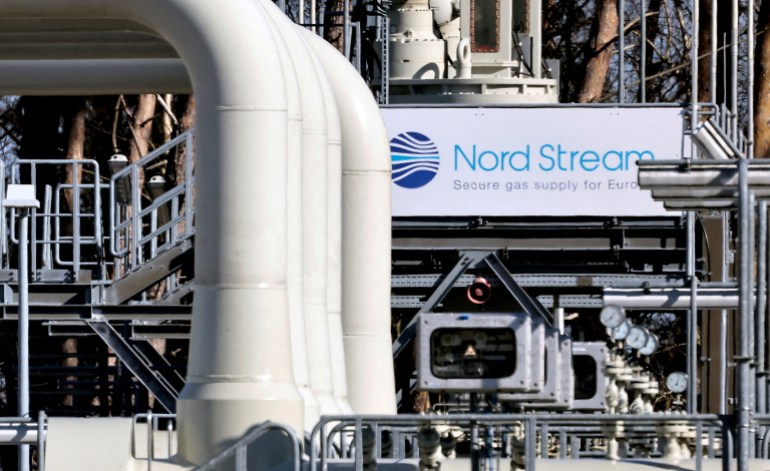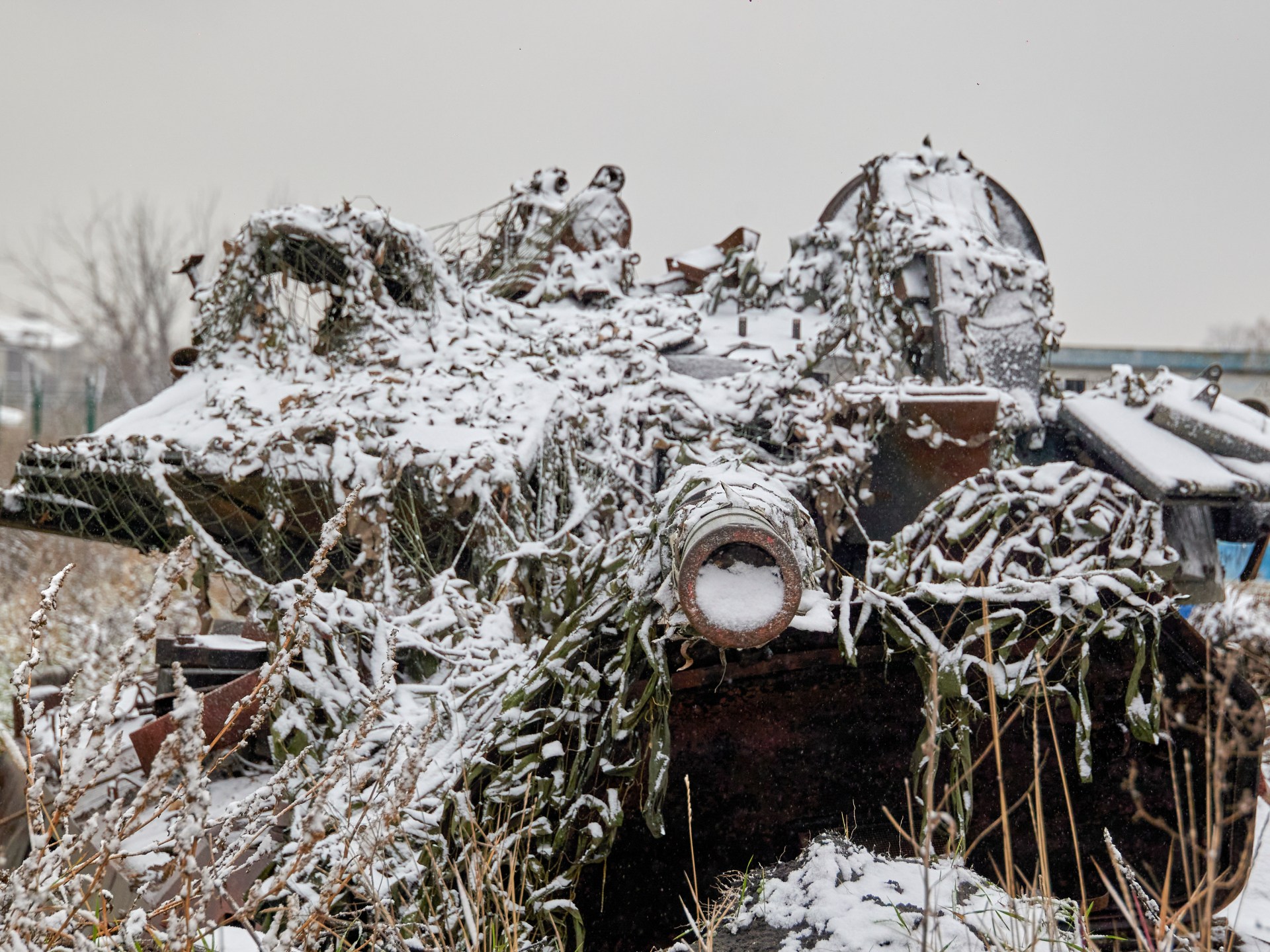Russia’s Gazprom cuts gas supply to Europe
German officials accuse Russia of using gas as a ‘war strategy’ while Moscow blames sanctions for the limited supply.
Russian energy giant Gazprom has drastically cut gas deliveries to Europe via the Nord Stream pipeline to about 20 percent of its capacity, German authorities said.
The Russian state-run company had announced Monday that it would reduce supply to 33 million cubic metres a day – half the amount it has been delivering since service resumed last week after 10 days of maintenance work.
EU states have accused Russia of squeezing supplies in retaliation for Western sanctions over Moscow’s war in Ukraine. Gazprom cited the halted operation of one of the last two operating turbines for the pipeline due to the “technical condition of the engine”.
The German economy ministry dismissed the explanation, saying there was “no technical reason for a reduction of deliveries”. Government spokeswoman Christiane Hoffmann spoke on Wednesday of a “power play” by Moscow.
“The Federal Government has taken note of the renewed reduction of gas supplies by Gazprom and is monitoring the situation very closely. The supply contracts are not being honoured at this point in time,” she added.

Klaus Mueller, head of Germany’s energy regulator, said gas flows had dropped to 20 percent of the pipeline’s capacity on Wednesday from 40 percent.
“We’ll see today if it stays that way,” he said in a statement.
In parallel, Italian energy major Eni said Gazprom had informed the group it would only deliver “approximately 27 million cubic metres” on Wednesday, down from around 34 million cubic metres in recent days.
Kremlin spokesman Dmitry Peskov blamed EU sanctions for the limited supply.
“Technical pumping capacities are down, more restricted. Why? Because the process of maintaining technical devices is made extremely difficult by the sanctions adopted by Europe,” Peskov said.
‘War strategy’
Mueller said gas supply was now a part of Russian foreign policy and possibly Moscow’s “war strategy”.
Natural gas prices have surged on Europe’s TTF benchmark to levels not seen since early March and are nearly six times higher than they were a year ago.
Soaring energy prices are fuelling record inflation, squeezing people’s spending power and heightening concerns that Europe could plunge into recession if it does not save enough gas to get through the cold months.
Mueller praised consumers and industry for voluntarily reducing energy use, saying that even correcting for warmer summer temperatures, recent consumption had been cut between 5 and 7 percent.
He said this would allow Germany to add to its gas reserves, which currently stand at about 65 percent of capacity. Economy minister Robert Habeck outlined targets last week for stocks to reach 95 percent by November 1 in advance of the cold German winter.
The European Union on Tuesday agreed upon a plan to reduce gas consumption in solidarity with Germany, Europe’s top economy. Berlin took a major share of the 40 percent of EU gas imports that came from Russia last year.




